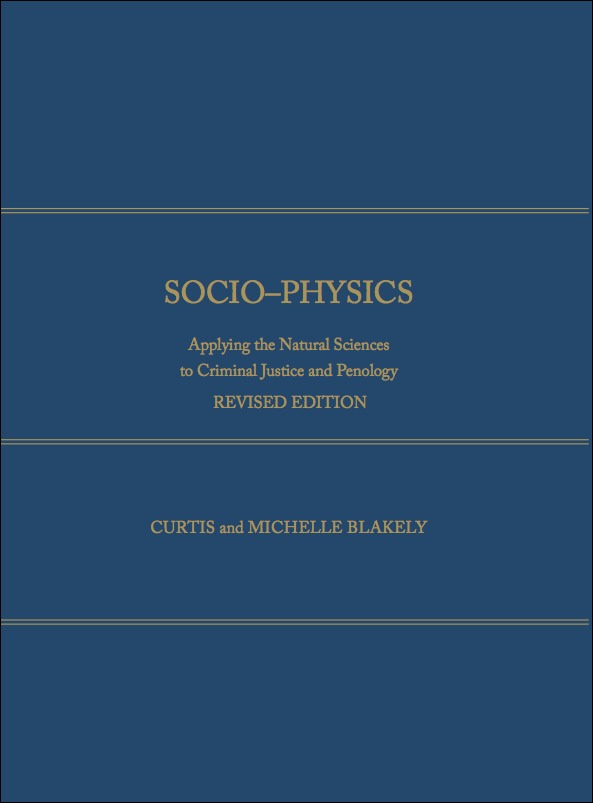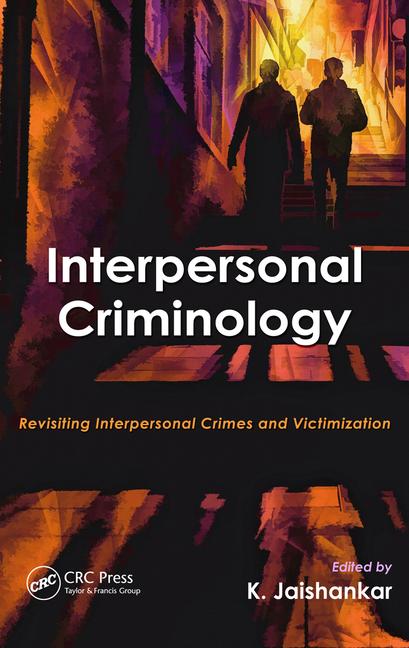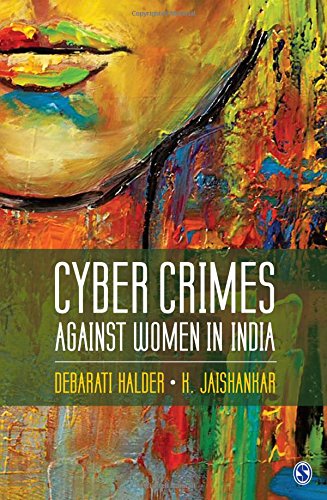Restorative Justice to Prevent Village Fund Corruption Crimes: A Constitutional Law and Indonesian Criminal Law Perspective
Abstract:
Among several policies and methods adopted to handle village fund corruption, restorative justice method was found to be effective. The Indonesian government is ranking very high in corruption, and village fund management is no exception. The main objective of this research was to investigate whether restorative justice can be an effective measure to check and stop village fund corruption, from the perspective of Indonesian constitutional and criminal law. To achieve this objective, the study adopted the normative legal research method, in which data was collected from legal documents. The findings hinted at the fact that restorative justice was a model of law enforcement characterized by recovery; and that this concept believed in reconciliation and harmony, in accordance with the concept of justice stated in Pancasila and the Indonesian constitution, a justice that is humane, just and civilized. The study revealed that restorative justice in the crime of corruption of village funds can be applied with state losses below IDR 150 million and involves all parties, namely the perpetrator, BPD, Law Enforcement and APIP. The study would be helpful in framing laws and regulations at the village fund management level and initiate a paradigm shift in the domain of human justice.
Keyword:
Restorative Justice; Constitution; Corruption Crime; Village Funds



